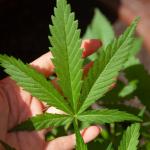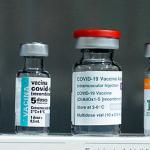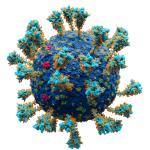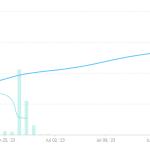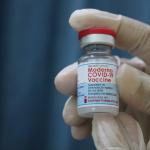Join host Cameron English, Dr. Chuck Dinerstein and special guest Dr. Josh Bloom as they break down these stories on Episode 53 of the Science Dispatch podcast:
COVID-19
It is not uncommon for legislators to introduce bills that they know won’t pass, but that have symbolic value of some sort, like renaming a bridge or freeway to honor a constituent. Every so often, however, they propose something that is so c
I can’t believe we’re having this discussion in September 2023, just as the fall respiratory virus season commences and we're experiencing a new wave of COVID-19, but the politicizers of COVID won’t let up.
The number of deaths from COVID-19 is way down from its peak and pandemic-related restrictions and mandates have virtually disappeared, but there are hints we are in for a late summer surge in infections.
The MMWR reports on a “typical” portion of American society, blood donors; their donation provides a sample of the “seroprevalence” of COVID-19 based on the presence of antibodies.
A recent article in the prestigious New England Journal of Medicine called attention to the urgent need for research and initiatives to address the syndrome known as post-ac
We first queried ChatGPT as a “straw person” to get an idea of the (ostensibly) conventional wisdom:
"Because of our traditions,
We've kept our balance for many, many years.
…
The COVID-19 pandemic has been one of the most devastating events in public health in the U.S. over the last half-century. It’s also the most scrutinized health emergency in history.
We have learned a lot about the SARS-CoV-2 virus during the three years of the COVID-19 pandemic. For example, new viral variants, such as the many subtypes of Omicron, are less susceptible to the vaccines developed to protect against th
